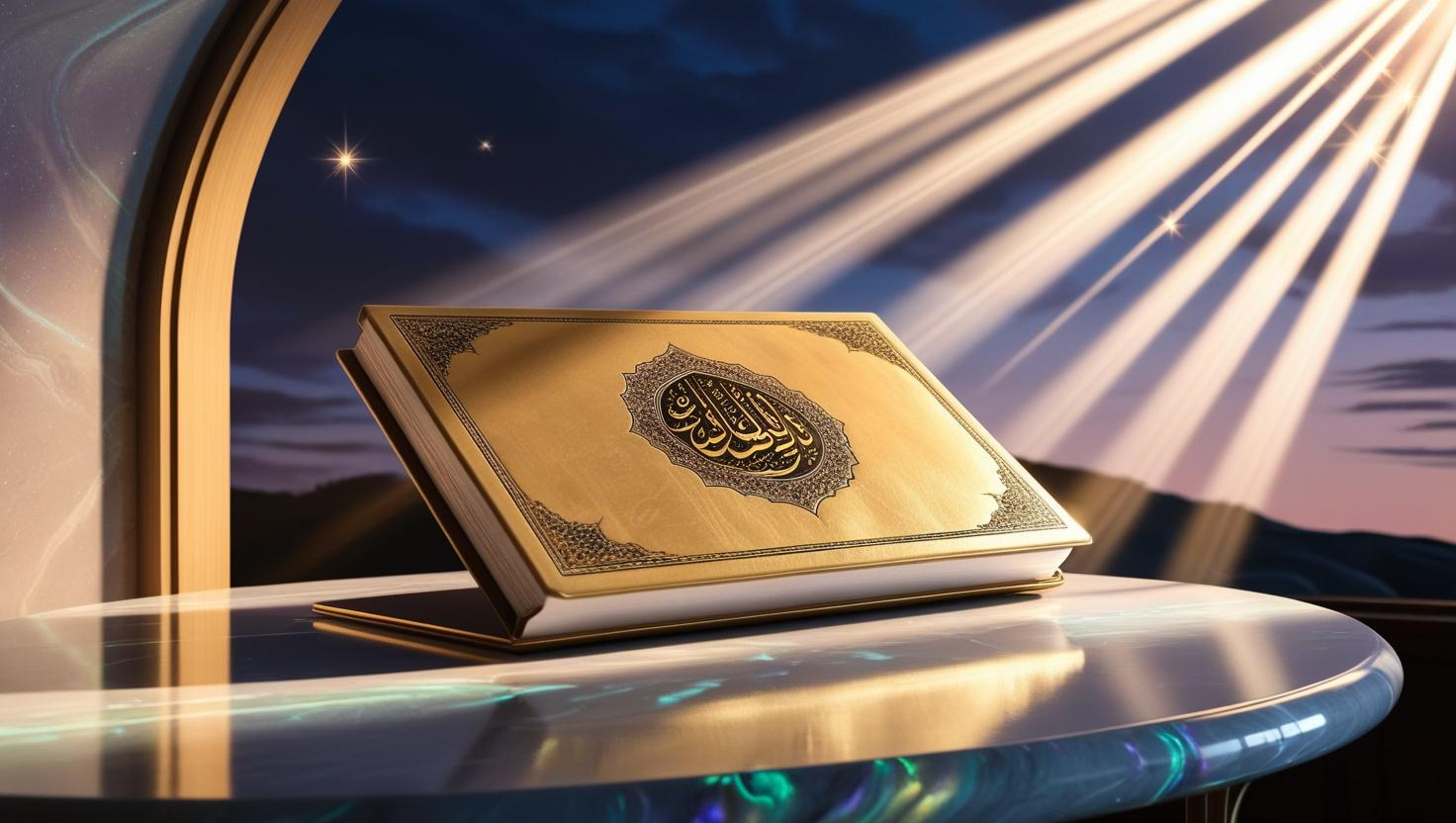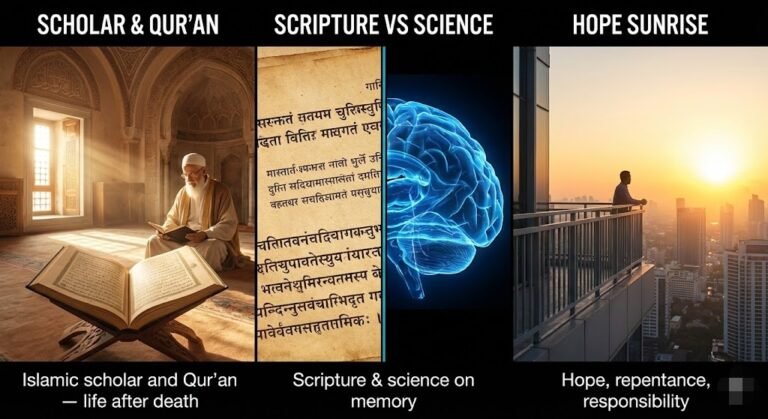Guardians of Revelation:
Uthman ibn Affan’s Vision for Qur’anic Unity and Preservation
Uniting the Ummah and Safeguarding the Divine Word
Introduction: Dispelling Misconceptions
Critics have sometimes questioned why Uthman ibn Affan (may Allah be pleased with him) ordered the removal of non-standard Qur’anic copies. Many ask, “Was he trying to hide or change something?” God forbid!
In truth, his noble intention was preservation and unity. His decisive action ensured that the Qur’an, Allah’s final revelation, remained unchanged and authentic for generations to come.
Historical Context: From Revelation to Compilation
After Prophet Muhammad (peace be upon him) passed away, the Qur’an had been fully revealed and memorized by thousands of companions. During the caliphates of Abu Bakr and Umar, the Qur’an was carefully compiled into a single book because many of its memorizers perished in battle.
This early compilation was critical for preserving the divine message, laying the foundation for all subsequent preservation efforts.
The Need for Standardization: Addressing Dialectical Variations
As Islam spread beyond Arabia into regions like Persia, the Levant, and North Africa, Muslims whose mother tongues were not Arabic joined the faith. Originally, the Qur’an was revealed in seven Ahruf (modes or dialects) to accommodate the linguistic diversity of Arab tribes.
Over time, regional variations sparked disputes—some claiming their recitation was correct while others disagreed. This discord threatened to fragment the Ummah and dilute the divine message.
Uthman ibn Affan’s Vision: Unity Through Standardization
To prevent such fragmentation, Uthman ibn Affan, with the consensus of the leading companions, ordered the creation of an official Qur’an in the Qurayshi dialect—the dialect in which it was originally revealed to the Prophet (peace be upon him). Official copies were carefully produced and distributed throughout the Islamic empire.
Personal copies, with potential marginal notes or regional variations, were respectfully collected and removed. This was not an act of innovation, but rather a commitment to preserving the Qur’an exactly as revealed.
Divine Assurance: Allah’s Promise of Protection
“Indeed, it is We who sent down the Qur’an, and indeed, We will be its guardian.”
(Surah Al-Hijr, 15:9)
This verse encapsulates Allah’s eternal promise to protect His revelation. Uthman’s act of unification reflects that divine protection, ensuring the Qur’an remains unaltered over 1400 years.
Impact on the Muslim Ummah: Unity and Consistency
By standardizing the Qur’an, Uthman ibn Affan united a rapidly expanding and linguistically diverse Ummah. His decision eliminated disputes over recitation, establishing a single, authoritative text that all Muslims could follow.
Today, Muslims around the world recite and memorize the Qur’an exactly as it was standardized—a testament to the effectiveness of this preservation method and the fulfillment of Allah’s promise.
Addressing Criticisms: Preservation, Not Alteration
Some critics claim that Uthman’s actions were an attempt to conceal or modify the Qur’an. However, historical evidence and scholarly consensus confirm that his purpose was solely to preserve the sacred text in its pristine form.
For a detailed explanation, refer to scholarly discussions on IslamQA, which affirm that this unification was essential to prevent regional discrepancies and confusion.
Conclusion: A Legacy of Unity and Divine Protection
Uthman ibn Affan’s visionary act of standardizing the Qur’an is a monumental achievement in Islamic history. His decisive action united the Muslim community and safeguarded the divine word for future generations.
Today, the Qur’an stands as a living testament to Allah’s promise that His revelation will remain intact—uniting Muslims across the globe and inspiring countless believers.
Ameen.




